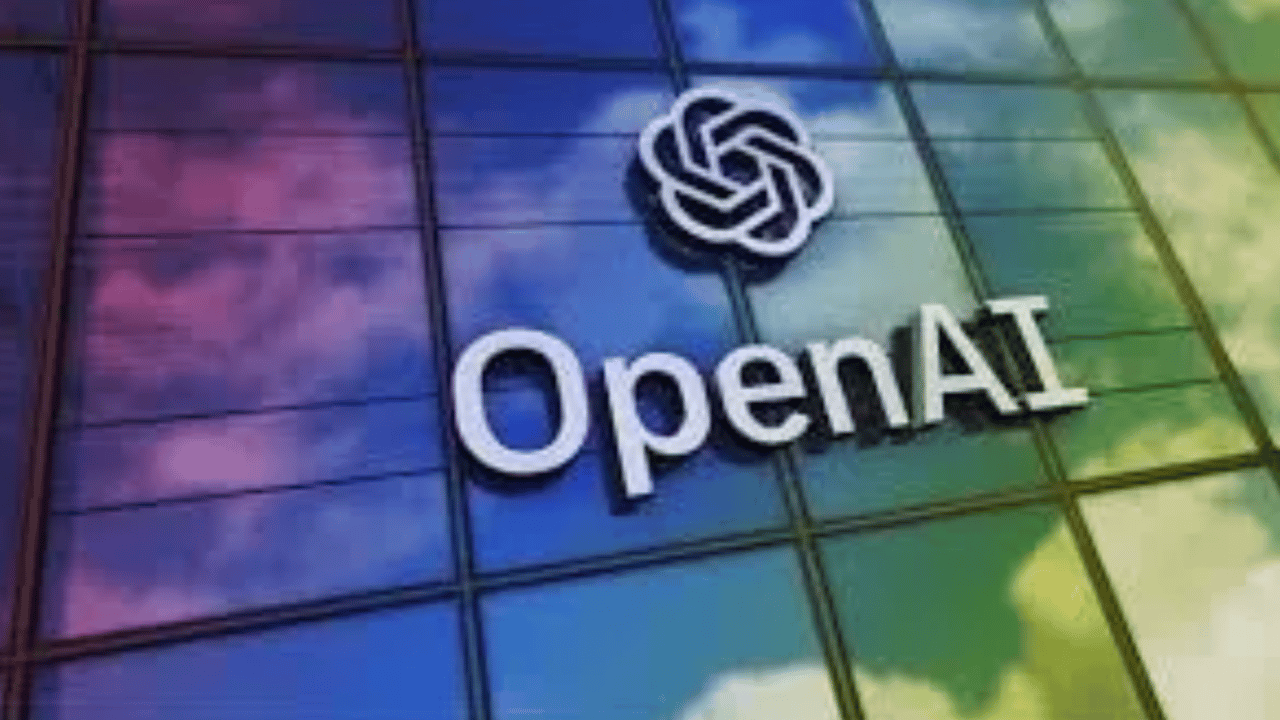
In recent times, intellectual property rights have become a focal point of intense global disputes. Within this context, the lawsuit filed by Indian book publishers and their international counterparts against OpenAI in New Delhi stands out. This case is part of a broader trend aimed at countering the use of proprietary content in training artificial intelligence, making it highly significant for the entire publishing sector.

The lawsuit filed in the Delhi High Court was submitted by the Federation of Indian Publishers, which includes both international and Indian publishing houses. Among the prominent participants are:
1. Bloomsbury $BMY.L
2. Penguin Random House
3. Cambridge University Press
4. Pan Macmillan
5. Rupa Publications $RUPA.NS
6. S.Chand and Co $SCHAND.NS
These companies have united to protect their copyrights and prevent unauthorized use of their intellectual resources.
The central issue revolves around the use of materials for AI training. The lawsuit alleges copyright infringement, with publishers demanding a comprehensive report on the content used in ChatGPT's training, as well as the removal of all material used without proper authorization.

Lawsuits like this one are becoming increasingly common worldwide. Technology companies are often taken to court by book authors, musicians, and media representatives. Similar cases are already being heard in the United States and Europe.
- Protecting intellectual property rights in the AI era.
- Impact on the future use of proprietary content by tech companies.
The need to protect intellectual property could lead to the creation of new regulations governing interactions with AI systems. This will be crucial for maintaining a balance between technological progress and the interests of authors, publishers, and content creators.
A legal victory for the publishers in this case could set a precedent for similar cases worldwide, contributing to the development of clearer frameworks for using intellectual property in the digital age. It will also highlight the need for transparency in AI training processes.